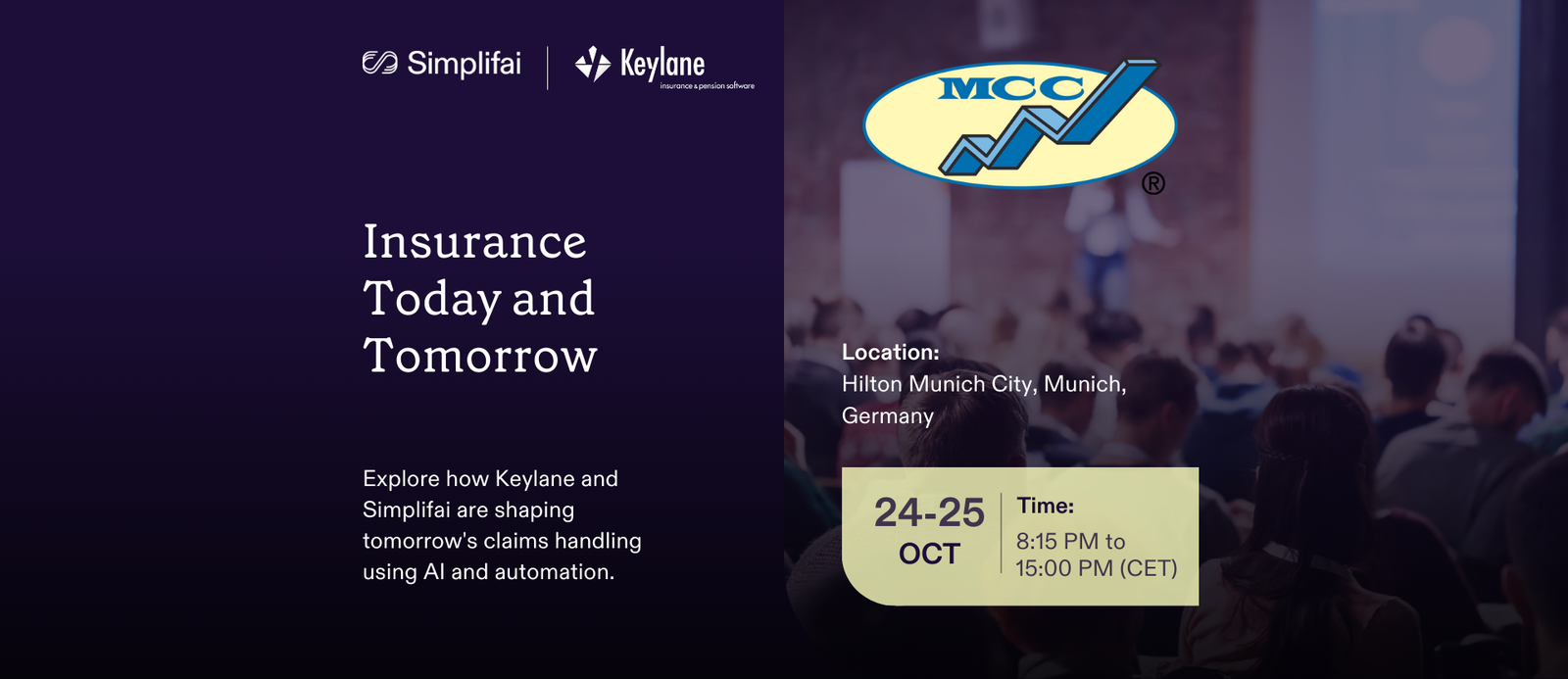Top Artificial Intelligence (AI) Applications in Banking 2022
Cognitive top Artificial Intelligence (AI) applications in banking 2022, have increased tremendously, especially with the return of the new normal early in the year.

After the pandemic, many banking organizations opted for facilitating operations through process automation, which in pre-pandemic times was mostly manual or automated in a limited way.
As the banking and financial sector comprises about 20-25% of the global economy, it is evident that AI can possess an extremely vast scope in terms of providing business benefits [1]. And by using AI, the banking sector can generate massive revenue worth more than $1 trillion in the next few years [2].
When properly implemented and maintained, AI solutions have indeed proved to be an excellent alternative to banking procedures handled by human employees. As the end of 2022 comes nearer, let us go through some of the top Artificial Intelligence (AI) applications in banking 2022 that are reshaping the banking industry.
Top Artificial Intelligence (AI) Applications in Banking 2022
1. Personalized customer experience
Banking customers today are quite digital-savvy, and they expect banks to offer a lot more than the standard, traditional customer support processes. What this means is customers now want more personalized solutions and customized support, which goes a long way in improving their satisfaction.
When several years ago, AI made its foray into banking, a key challenge for organizations was to determine if customers will welcome the idea of an AI solution not just responding but also carrying out tasks on an end-to-end basis. And an Accenture survey early this year found out that a sizeable percentage of customers (at about 54%) do want an AI to help them [1]. With time, this figure is sure to increase as customers get used to AI solutions performing customized actions for them.
Banks all over the globe have already employed AI in their framework that can give customers real-time updates, provide support with their queries, and reduce wait times. In addition, when it comes to personalized banking, AI in the form of bots and digital assistants can identify recurring customers based on pattern recognition.
2. Making customer actions smarter
Last year, a key top application of Artificial Intelligence (AI) in banking 2022 started emerging and nearly all AI vendors had their goal of incorporating it into their solutions. It was about making banking processes smarter for the customer based on their actions. Following on the point of pattern recognition in the previous application, AI not only made banking personalized for customers but also made the processes smarter.
For example, AI-based banking procedures can now assist customers with fairly complex requirements other than just the standard bank account, loan, or credit card application. This is because, these solutions are trained to be ‘smart enough’ to tap into customer actions, analyze their intentions, and make valuable predictions for faster banking activities.
This further led to AI solutions carrying out complex procedures such as resolving foreclosure notices, interpreting invoices and bills present in an unstructured format, and archiving sensitive data. More and more programs are being developed by chief Fintech AI market players. With such smart banking procedures fuelled by a growing interest from third-party developers, personal banking is expected to become much better in the future.
Reimagine Banking with AI
Want to know how AI can provide a personalized and smart customer experience in Banking?
3. Automating front-end customer support and other back-end operations
A key front-office issue faced by employees working in the front office section of banks involves dealing with millions of customers that bring their problems and expectations to the desk every day. In the pre-AI era, this often caused employees to get heavily burdened with work. Unending piles of customer inquiries and issues and less time kept aside for sensitive tasks ultimately caused subpar operational efficiency and work productivity.
Now, with AI solutions bringing digital transformation to the banking industry, many of these actions can now be automated with the help of Intelligent Process Automation (IPA). This AI-based technology is a collection of individual technologies that enable banks to handle end-to-end automation of not just front-facing customer service, but also at the back-end such as inquiry processing, handling, and verification, and archiving.
In fact, with the application of AI, banks can save an estimated $447 billion by 2023. Out of that, $416 billion of savings will come from AI use in the front and middle, and back-end offices [1].
IPA predominantly consists of specifically designed AI products and services integrated with the banking infrastructure, and tasked with addressing different banking functions, all occurring simultaneously.
4. Adopting responsible and ethical use of AI for compliance in banking
In the financial domain, many customers are now aware of the dangers of data breaches and the leaking of their sensitive information while using banking procedures. And with this apprehension, banking businesses are increasingly adopting ethical and responsible AI practices. This also includes making their procedures compliant with international data security regulations such as the General Data Protection Regulation (GDPR) and the International Organization for Standardization (ISO).
Many vendors are developing AI solutions that are compliant with different ethical frameworks, especially in terms of safeguarding customer data. This in turn not only helps banks maintain effective trust and transparency with the customers, but also acts as a shield against bias, fraud, hacking, and other similar cybercrime activities.
Thus, the use of responsible and ethical AI practices in banks has been noted as one of the fastest-emerging applications of AI in this industry in 2022.
Conclusion
It’s true that AI took its time to get assimilated into day-to-day banking processes. However, for many years now, Artificial Intelligence has time and again shown its promise as a game-changer for transforming legacy processes and helping banking businesses scale up quickly, despite leaving room for flexibility to be used across different work functions.
There still are some challenges that AI vendors must tackle in the coming years in order to provide a much-improved experience for banks and their employees, and ultimately to their end customers. For example, a few of these challenges are – reducing apprehension amongst customers and employees in tier II and tier II cities to adapt to AI solutions, closing the gap between what customers want and what banks offer, and tighter regulatory compliances with stronger data security for customer data, to name a few.
However, looking at insights from the global AI in the banking sector which points out the generation of business value by more than $60 billion by 2030, the growth of AI applications in the banking domain looks utmost positive. As customers’ habits and adaptability towards AI interfaces, automated transactional processes, and quick issue resolutions become more stable by the day, we will increasingly come across end-to-end automation of banks from 2023 and beyond.
How can Simplifai enhance your banking operations with AI?
Simplifai is an AI solutions company that provides end-to-end automation for businesses with the help of Digital Employees. These AI-powered solutions can work in any third-party system, can be configured to perform specific tasks at the front- and back-end, and provide high-grade automation. Our focus lies in the BFSI sector and in particular the banking industry.
With our Digital Employees, your banking organization can automate tasks such as handling customer inquiries for banking processes, loan applications and disbursals, system updates, virtual credit assistance, and more with the Digital Employees.
Sources
[1] Use of Artificial Intelligence in the Banking World 2022, (Feb 2022),
https://worldfinancialreview.com/use-of-artificial-intelligence-in-the-banking-world-2022/
[2] Biswas, S. et. al., AI-bank of the future: Can banks meet the AI challenge? (Sept 19, 2020) McKinsey & Company,


